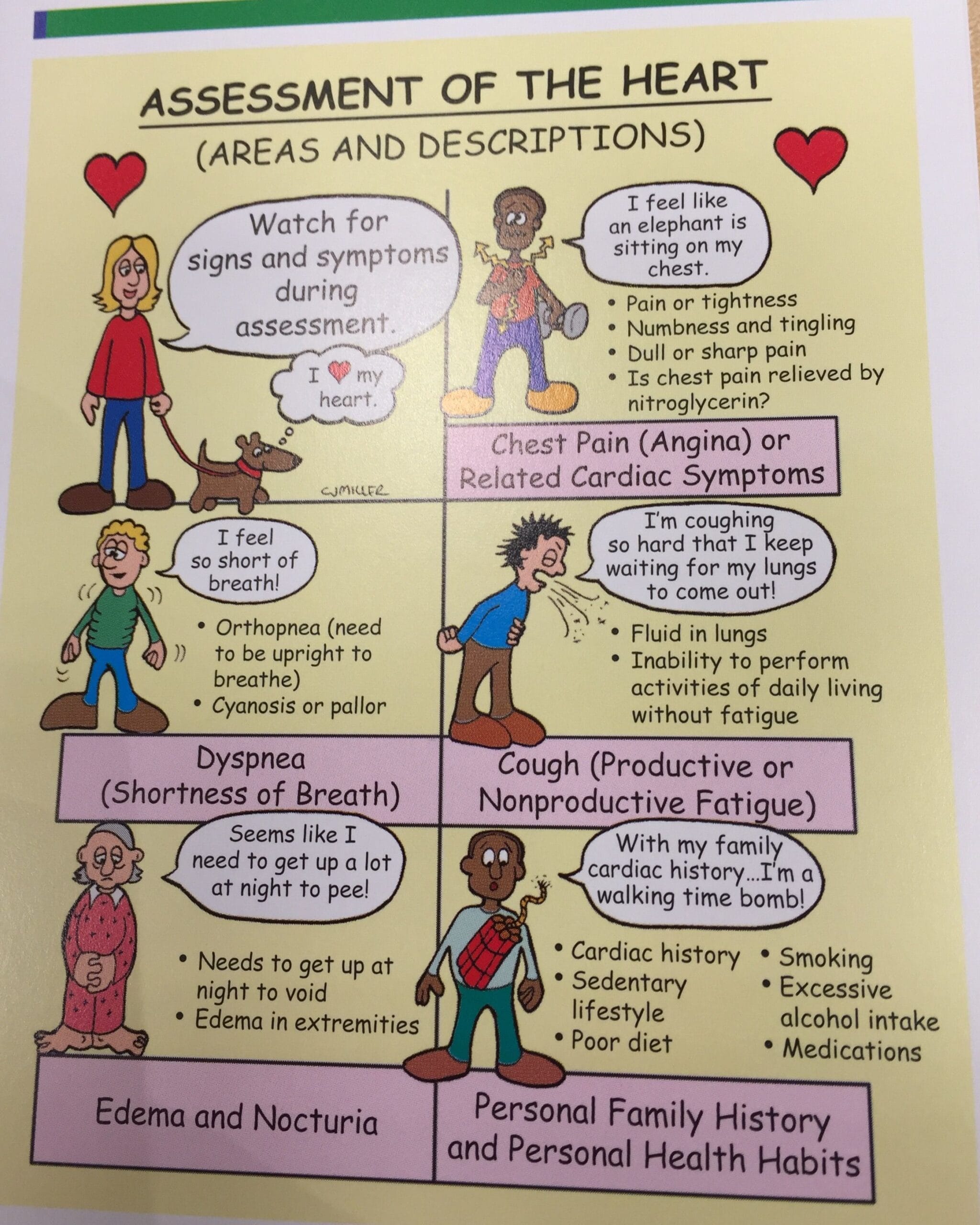The study, conducted by a team of experts in geriatric medicine and neuroscience, highlights the concerning rate at which dementia cases are increasing within the US, which could see an estimated 950,000 new cases popping up every year by 2060. This significant trend correlates with the rapidly aging population, as individuals continue to live longer but with increased susceptibility to cognitive impairments.
Dementia is an umbrella term used to describe various symptoms of cognitive decline, including memory loss, impaired communication, and a decrease in mental flexibility. The most common form of dementia is Alzheimer’s disease, accounting for roughly 60-70% of cases, while other forms include vascular dementia, frontotemporal dementia, and others.
Experts agree that early detection and diagnosis of dementia are crucial to ensure timely interventions and a better quality of life for patients. Recent advancements in neuroimaging technologies, including MRI, CT scans, and PET scans, enable physicians to identify the underlying causes of cognitive decline more accurately.
The study emphasizes the importance of implementing prevention strategies and raising awareness to tackle the growing burden on families and the healthcare system. Key preventive measures include a healthy diet, regular exercise, staying socially connected, and early management of controllable risk factors like hypertension, heart disease, and diabetes.
Furthermore, the relationship between education, social support, and dementia prevention cannot be overstated. Studies show that individuals with higher levels of education and better social connectedness tend to have a lower risk of developing dementia later in life. These factors may contribute to preserving cognitive reserve, or the brain’s ability to sustain function despite underlying damage.
The study’s findings will inevitably influence fiscal policy regarding healthcare funding and resources, particularly in the realm of geriatric medicine and long-term care. Policymakers will need to address the increased demand for dementia care and develop innovative solutions to accommodate the growing need.
Furthermore, research into new treatment options for dementia remains critical, with promising therapies like the use of immunotherapy, anti-amyloid agents, and other experimental approaches under development. However, their effectiveness must be weighed against safety and potential side effects, aiming for the best possible outcome for patients.
In conclusion, this alarming projection of a doubling of dementia cases within the United States by 2060 signifies a great concern and a critical need for preventative measures and early intervention. By addressing dementia openly, our society can strive towards a collective effort to reduce its staggering impact on families and the healthcare system while improving the emotional well-being and quality of life for those diagnosed with cognitive impairments.



